
President Donald Trump reacts as he receives a standing ovation before speaking at the Knesset, Israel's parliament in Jerusalem.
If history were a television series, October 7 was the kind of pilot episode that rewrites the medium: savage, stunning, and too raw to forget. Hamas’s assault turned southern Israel into a battlefield, shattered illusions of invincibility, and triggered a chain reaction that consumed the Middle East for nearly two years.
Now, the so-called “Gaza Peace Deal” signed today by Trump tries to serve as a season finale — hostages for prisoners, a ceasefire for chaos, promises for pain. But peace, like politics, is never linear. It’s a story written in ash and ink. And as the credits roll, it’s worth asking: who truly won from this blood-stained script — and who was broken by it?
THE WINNERS
Donald Trump — The Showman Peacemaker
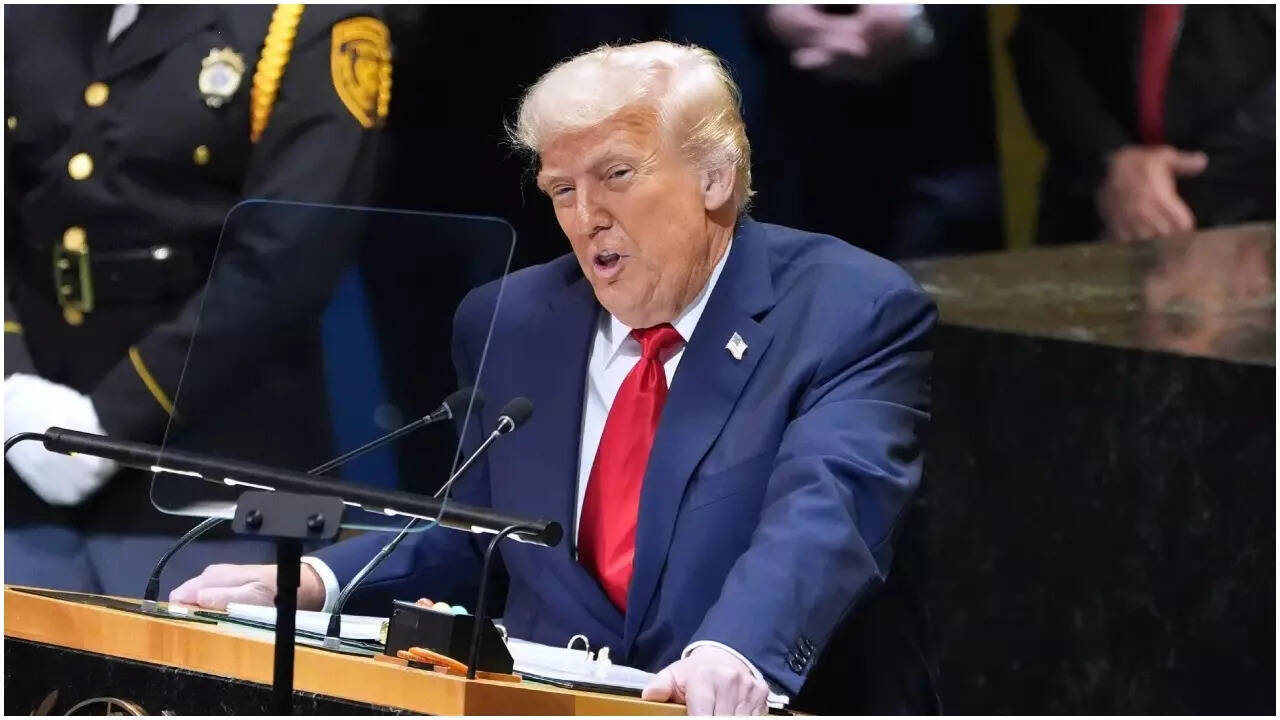
Trump has pulled off something remarkable: turning a regional catastrophe into a personal victory lap.
The hostage-prisoner swap, the ceasefire choreography, the summit spectacle — all of it bears his unmistakable stamp. He didn’t end a war so much as rebrand it, announcing peace with the same bravado he once sold skyscrapers. His family calling Gaza “prime development land” says it all: in the Trumpian imagination, war zones are just pre-construction sites.But spectacle works. For two years, the US looked adrift in the Middle East.
Today, Trump has reminded everyone that when Washington leans in, the levers still move. He has privatised peace — and monopolised the narrative. And, perhaps most significantly, he has shown Iran exactly who’s in charge.Benjamin Netanyahu — The Survivor
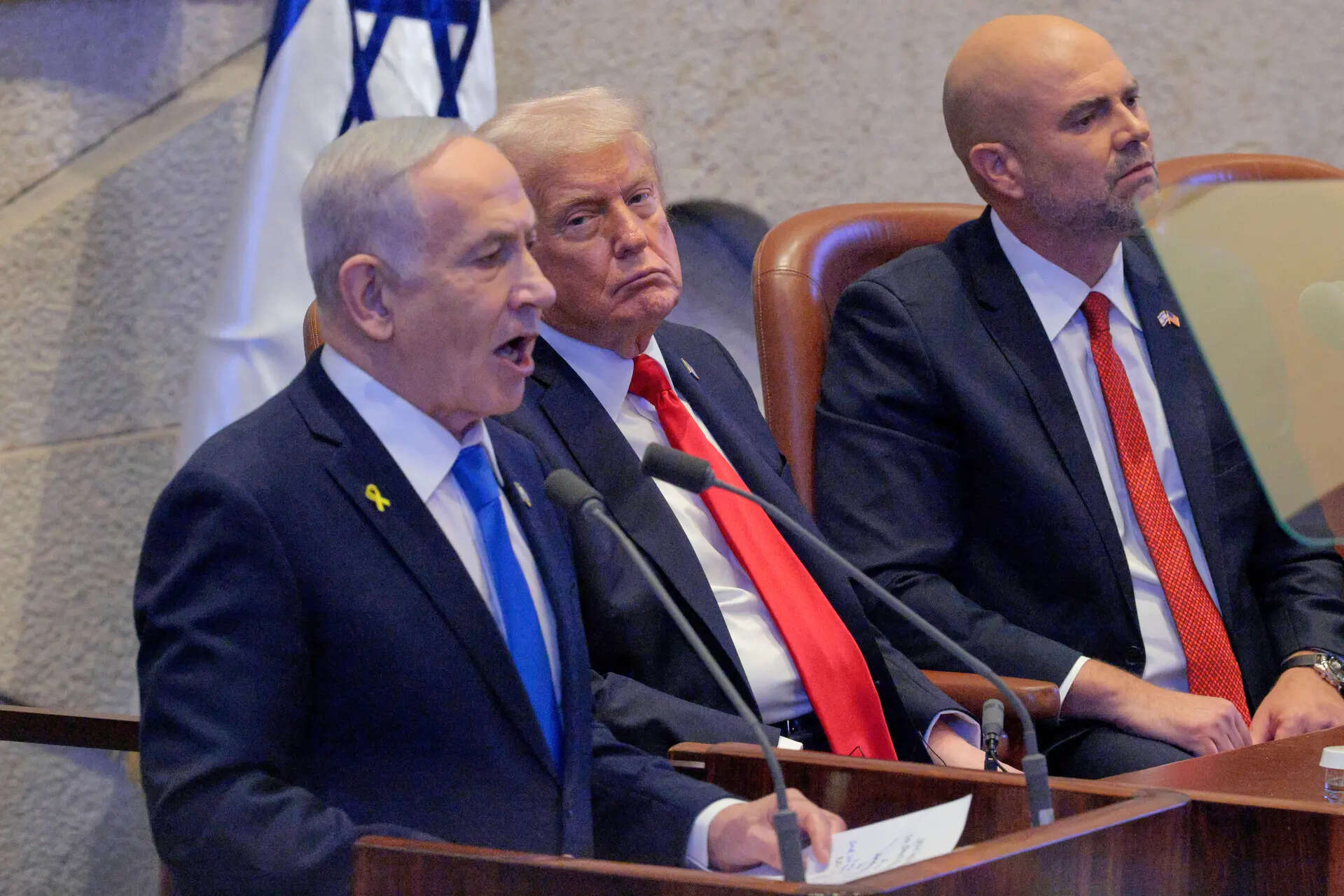
Israeli Prime Minister Benjamin Netanyahu addresses the Knessett, Israel's parliament, as President Donald Trump and Amir Ohana, Speaker of the Israeli Knesset, look on, Monday, Oct. 13, 2025, in Jerusalem. (Chip Somodevilla/Pool via AP)
Benjamin Netanyahu has always fancied himself a modern Churchill, right down to the cigars. And by every political metric, October 7 should have been his downfall. He presided over Israel’s worst security failure, dragged the country into a grinding war, alienated allies, and split society.
And yet — he’s still prime minister.Netanyahu didn’t broker the Gaza deal — Trump did — but he used it to extend his political half-life and to deliver on something else: the near-destruction of Israel’s most entrenched enemies. Bruised and unpopular, he remains in power because he’s mastered one skill better than anyone else in Israeli politics: survival. And in a country that routinely buries its leaders, sheer endurance is a victory in itself.
But he would do well to remember what happened to Churchill after winning World War II.
Ahmed al-Sharaa — From Pariah to Player
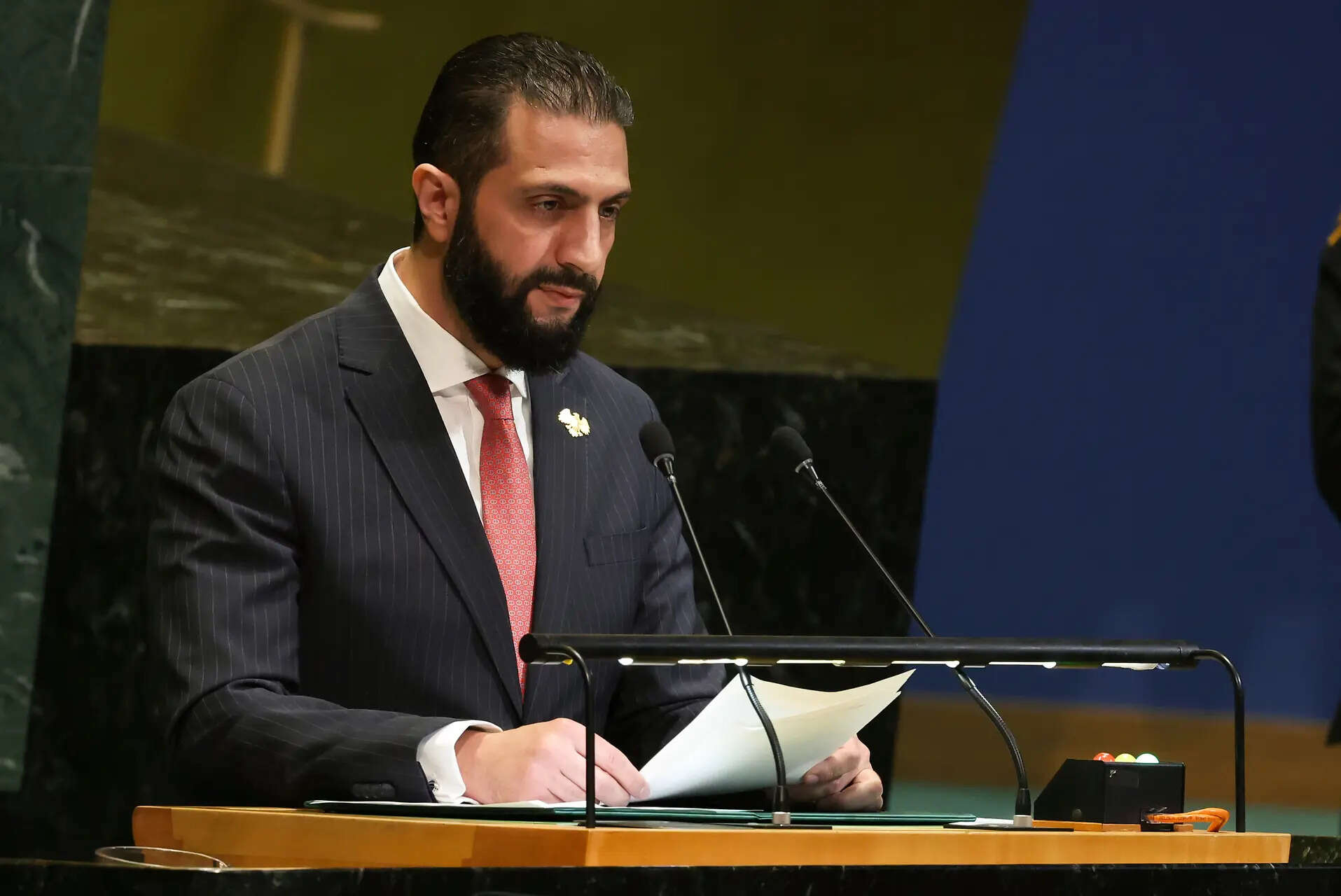
Syria President Ahmad Al-Sharaa speaks during the 80th session of the United Nations General Assembly, Wednesday, Sept. 24, 2025, at U.N. headquarters. (AP Photo/Heather Khalifa)
No subplot is stranger than Ahmed al-Sharaa’s. Once a jihadi poster boy, now a suited statesman, he reinvented himself just as the region craved fewer fires. Damascus no longer echoes Tehran’s rhetoric — it speaks softly enough to get a seat at the table. Al-Sharaa even became the first Syrian president in decades to address the UN, completing a remarkable image overhaul.
He didn’t shape the Gaza deal, but he shaped his own relevance.
He’s no longer a ghost from the past — he’s a guest in the room. And in the Middle East, relevance is power.
THE LOSERS
Iran — Axis in Ashes
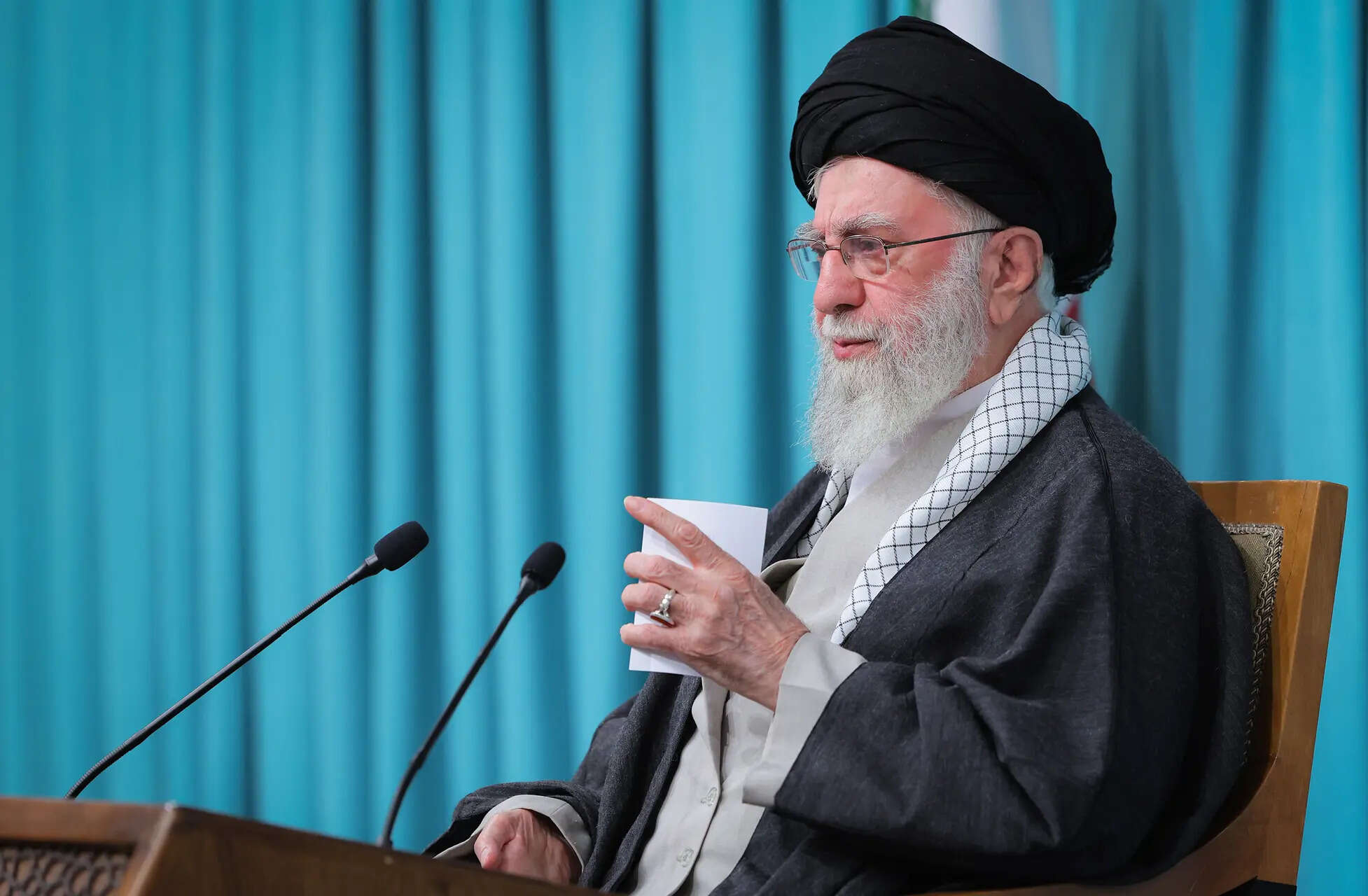
In this photo released on Tuesday, Sept. 23, 2025, by an official website of the office of the Iranian supreme leader, Supreme Leader Ayatollah Ali Khamenei speaks in a televised speech. (Office of the Iranian Supreme Leader via AP)
Tehran saw October 7 as its grand play: Hamas would destabilise Israel, Hezbollah would open the northern front, the Saudis would halt normalisation, and America would flounder. But two years later, the “Axis of Resistance” is more obituary column than strategy.Hamas has been bludgeoned into disarmament. Hezbollah lost its iconic leader. Iran’s nuclear leverage was reduced to rubble by US bombers. And when the deal was signed, Tehran was watching from the sidelines. The slogans of resistance still echo — but the axis itself is exhausted and broken.Hezbollah — Brand Destroyed
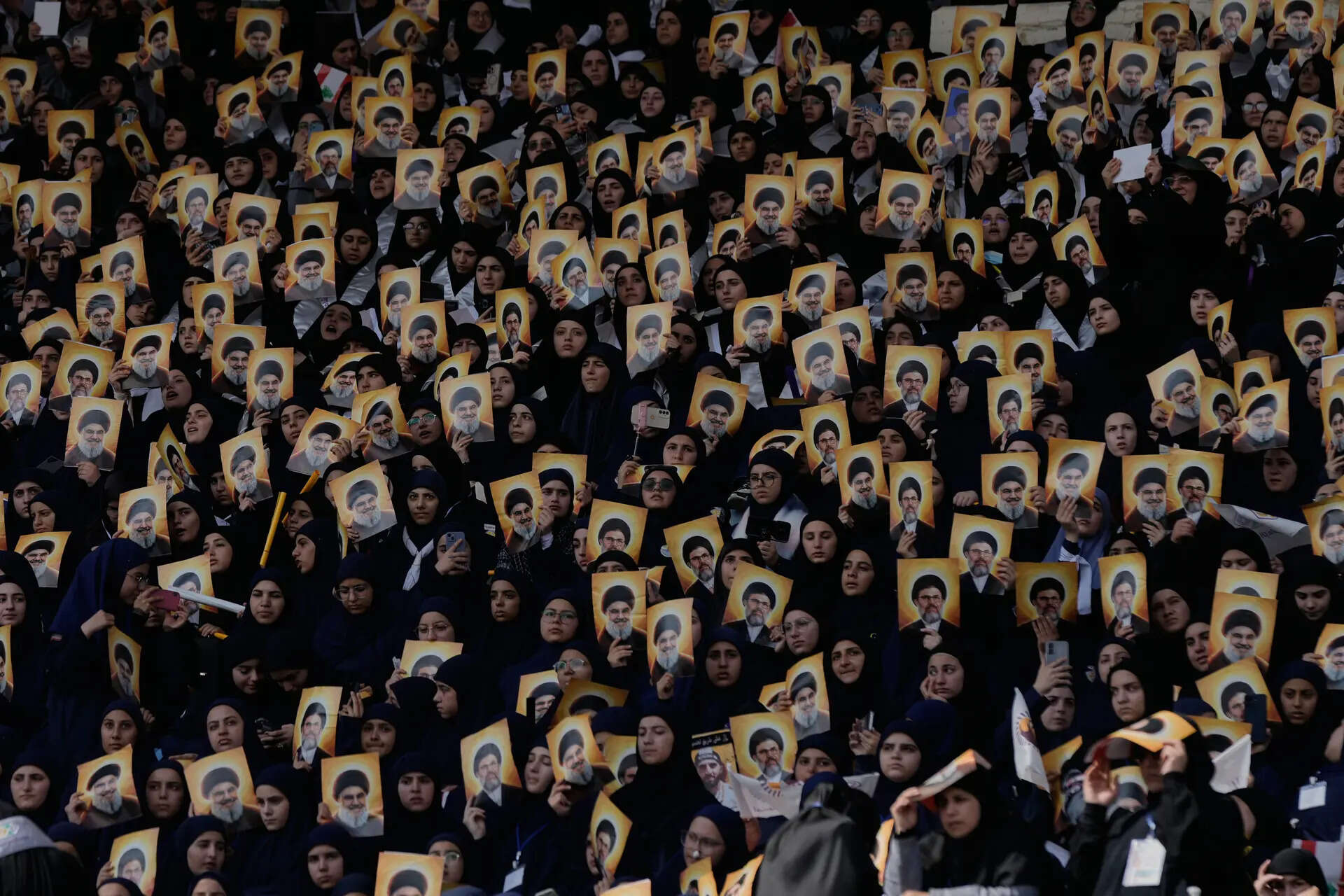
Hezbollah's al-Mahdi Scouts hold pictures of Hezbollah's former leader Hassan Nasrallah and his cousin and successor Hashem Safieddine, to marking the first anniversary of their assassination, who were killed in Israeli airstrikes, at Sports City Stadium in Beirut, Lebanon, Sunday, Oct. 12, 2025. (AP Photo/Bilal Hussein)
Hezbollah once thrived on discipline, mystique, and deterrence. That died with Hassan Nasrallah. The group still fires rockets and vows defiance, but its credibility is gone, buried under Israeli bombs and Lebanese frustration.
A militia can survive without a commander; a myth cannot. What’s left is an organisation that fought too long, lost too much, and turned its homeland into a ruin.The Houthis — Pirates Without PurposeFor a while, the Houthis were swaggering corsairs of the Red Sea. Their hijackings and drone strikes rattled global shipping and drew attention to Yemen’s forgotten war. But that theatre grew stale. Coalition strikes, sanctions, and fatigue turned them from disruptors into irritants.
With the Gaza spotlight gone, they’re an afterthought — noise without consequence.The People of Palestine — The Real CasualtiesNo scoreboard can soften the truth: the greatest losers of October 7 and everything that followed are ordinary Palestinians. Gaza’s skyline is gone, replaced by rubble. Families have been erased. Two million people became displaced within their own tiny strip, shuffled from ruin to ruin with nowhere to go.Yes, the Palestinian cause has gained global visibility and recognition.
But that symbolic victory is a bitter joke compared to the devastation on the ground. Diplomacy talks about statehood; Gazans bury their children with their hands. History will remember political shifts. Palestinians will remember graves.Globalism — The Pretender ExposedIf Gaza proved anything, it’s that the “rules-based order” is more slogan than substance. The UN wrung its hands. The EU dithered. China sympathised, Russia sermonised — none of them stopped the bloodshed.When the deal finally came, it wasn’t multilateralism that ended the war. It was the old formula: American muscle, Egyptian geography, Qatari cash. The fantasy of collective action dissolved, replaced by raw power politics.
END CREDITS
October 7 didn’t just break a fence — it shattered illusions: of Israeli invincibility, Arab inevitability, and Western moral certainty. The “Gaza Peace Deal” is a pause, not a peace; a truce wrapped in branding. And like every Marvel film that ends with a triumphant finale, the story isn’t truly over — there’s always a sequel in the works. The credits may be rolling today, but we haven’t reached the post-credits scene yet.
And in the Middle East, that’s usually where the real plot begins.

 6 hours ago
2
6 hours ago
2










 English (US) ·
English (US) ·